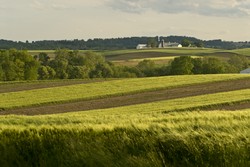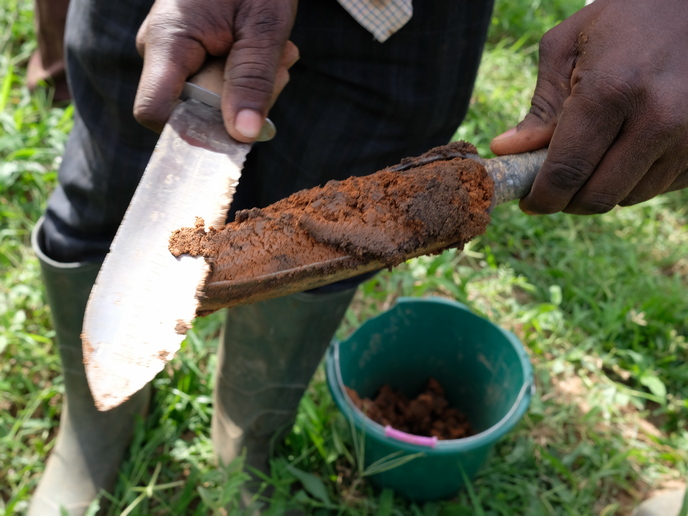Protecting Europe’s soils from climate change
Soil and crop management have significant effects on carbon flows and stocks. As most ecosystems do not produce goods-in-demand, farmers tend to engage in short-term productivity gains at the expense of sustainable agricultural methods. The SMARTSOIL(opens in new window) (Sustainable farm management aimed at reducing threats to soils under climate change) project addressed this challenge by working to reverse the current degradation of European agricultural soils by improving soil carbon management. The initiative was aimed at arable and mixed farming systems and was designed to provide information on methods by which both intensive, low input and organic farms can improve their soil carbon and thus soil fertility and farm profitability. Researchers identified farming systems that balance crop productivity with the maintenance of vital soil functions such as fertility, biodiversity, water content and nutrient cycling. They developed decision-support tools (DSTs) and guidelines adapted to a range of soils that will help all of those involved in the farming industry, including farmers, farm advisors and policymakers. Three field trials of winter wheat were established in Denmark and Italy to assess carbon stock and/or flux effects on crop yield. Project partners also created the long-term experiments (LTE) database to house the large mass of data. The LTE data was used to calibrate and validate models of carbon and nitrogen flux in the atmosphere, vegetation and soil. The project divided Europe into around 25 zones based on farm types, environment and administrative borders. It also completed a report on different soil management practices around Europe and how these influence soil carbon stocks and ecosystem services. Furthermore, reducing tillage intensity, avoiding fallow periods, retaining crop residues, growing cover crops and optimising crop production were all identified as key factors for improving soil carbon content. Throughout the initiative, stakeholders were involved in the process of formulating policy recommendation and the final version of the Smart Decision Support Tool. This took into account the specific needs of individual stakeholder groups and brought together knowledge across a range of soil, crop and socio-economic disciplines. The information was aligned with current EU policies that proposed measures for improving sustainable soil carbon management and may contribute to a Soil Framework Directive. SMARTSOIL will help stop soil degradation through sustainable practices that promise to increase yield and restore vital soil functions. With improved planning and data acquisition, the DSTs can contribute to ensure a secure food and feed supply for Europe despite a changing climate.







